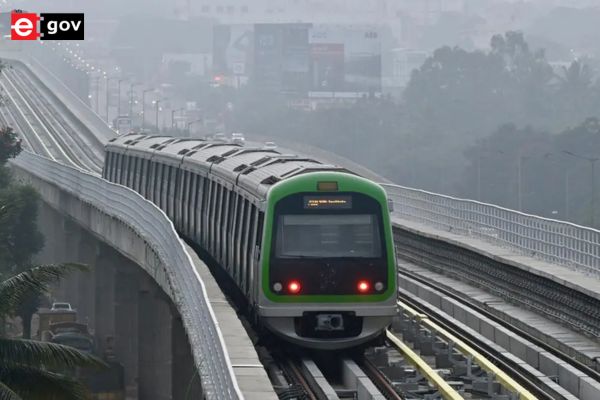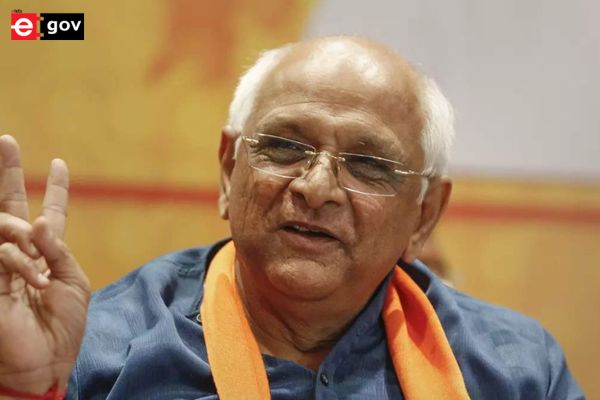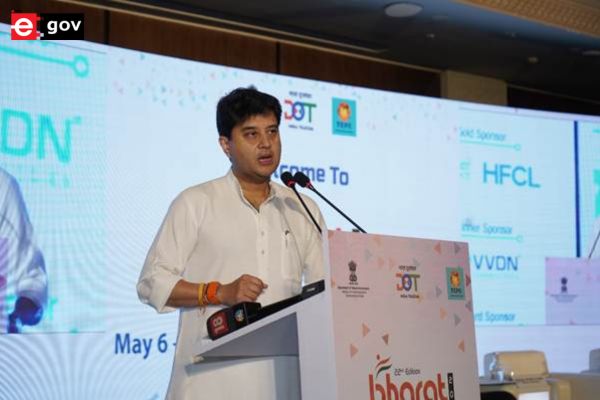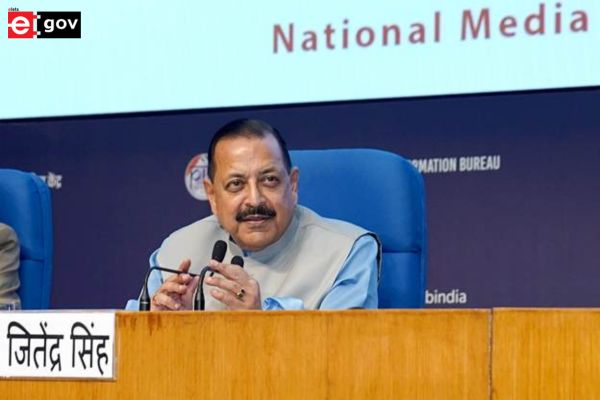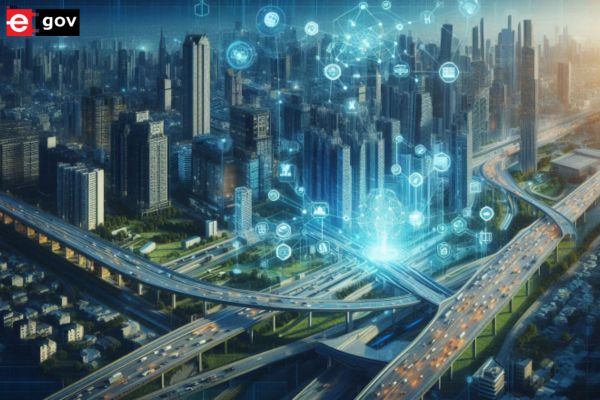
India’s infrastructure sector is witnessing a major transformation with the integration of Artificial Intelligence (AI) and digital technologies. Leading firms are leveraging AI-driven solutions to enhance efficiency, cost management, and decision-making across transportation, architecture, engineering, and construction (AEC) industries.
A key breakthrough in this space is the adoption of 5D Building Information Modelling (BIM) in infrastructure projects. The Maharashtra State Road Development Corporation (MSRDC) has implemented 5D BIM, enabling real-time project tracking and improved execution. “With 5D BIM, we are seeing significant improvements in project efficiency and cost savings,” said Anant Jain, Senior Group Manager at CS TECH AI. Similarly, the Maharashtra Jeevan Pradhikaran (MJP) has integrated a Digital Project Management System (DPMS) to streamline execution, enhance quality control, and improve transparency in water infrastructure initiatives. “Our DPMS ensures greater accountability and better resource management,” Jain added.
Beyond project management, AI is playing a crucial role in predictive analytics, automation, and resource optimisation. “The construction industry is evolving rapidly, and AI is becoming central to project management, quality control, and asset optimisation,” Jain emphasised. Experts believe these advancements will accelerate project completion and reduce inefficiencies in large-scale developments.
Also Read :- RailTel Bags ₹288 Crore Contract to Deploy Kavach Anti-Collision System
In parallel, digital design innovations are reshaping the sector. Companies are integrating Building Information Modelling (BIM) with Geographic Information Systems (GIS) to improve collaboration and data-driven decision-making. “The combination of BIM and GIS is transforming infrastructure planning, allowing teams to work more efficiently and accurately,” said Trupti Gandhi, Executive Group Manager at Autodesk. Computational design tools such as Dynamo are automating workflows, while cloud-based platforms like Forma are enabling real-time project planning. “These solutions simplify complex engineering processes and enhance productivity,” Gandhi added.
A notable example of AI-driven infrastructure success is the Delhi Metro project, where advanced digital solutions played a pivotal role in overcoming engineering challenges. “Our tools helped streamline project execution and improve collaboration, making a significant impact on efficiency and sustainability,” said Gandhi.
As India scales up its infrastructure investments, AI and digital transformation are expected to play a crucial role in ensuring smarter, more sustainable developments. “With AI-driven solutions, we are building infrastructure that is not only cost-effective but also future-ready,” Jain concluded. With a focus on innovation and efficiency, the sector is poised for a future where technology-driven solutions will redefine project execution and long-term infrastructure management.
Be a part of Elets Collaborative Initiatives. Join Us for Upcoming Events and explore business opportunities. Like us on Facebook , connect with us on LinkedIn and follow us on Twitter, Instagram.
"Exciting news! Elets technomedia is now on WhatsApp Channels Subscribe today by clicking the link and stay updated with the latest insights!" Click here!




